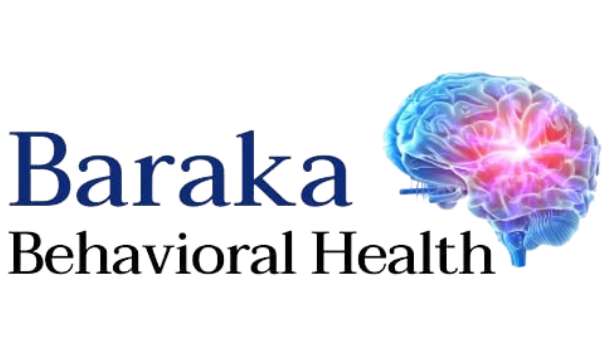
Common Signs of Depression and How to Manage Them the Right Way

Posted on March 2nd, 2023.
Depression is a common mental health condition that affects millions of people worldwide. While it can manifest differently in each person, there are some common signs and symptoms that can help you identify if you or someone you know may be struggling with depression. In this blog post, we will explore common signs of depression and provide tips on how to manage them.
Persistent Sadness or Hopelessness
One of the most common signs of depression is persistent feelings of sadness, hopelessness, or emptiness. If you are feeling down for more than a few days and it is affecting your ability to enjoy life or complete daily activities, it may be a sign of depression.
Tip: Try to engage in activities that you usually enjoy, even if you don't feel like it. This can help improve your mood and break the cycle of negative thoughts.
Changes in Appetite or Sleep
Depression can also affect your appetite and sleep patterns. You may experience significant changes in weight or have difficulty sleeping, either sleeping too much or too little.
Tip: Try to maintain a regular sleep schedule and avoid caffeine or alcohol before bedtime. Eating a balanced diet can also help improve your mood and energy levels.
Loss of Interest in Activities
Another common sign of depression is a loss of interest in activities that you usually enjoy. You may find yourself withdrawing from social events, hobbies, or work-related activities.
Tip: Try to find new activities that interest you or reconnect with old hobbies that you used to enjoy. This can help you regain a sense of purpose and pleasure in life.
Fatigue or Lack of Energy
Depression can also cause significant fatigue or a lack of energy, even if you are getting enough sleep. You may feel physically and mentally exhausted, with little motivation to complete even simple tasks.
Tip: Try to incorporate regular exercise into your routine, even if it's just a short walk or gentle stretching. This can help boost your energy levels and improve your mood.
Difficulty Concentrating
Depression can also affect your ability to concentrate or make decisions. You may find it challenging to focus on tasks or remember important details.
Tip: Try breaking down tasks into smaller, manageable steps. This can help you feel more in control and increase your sense of accomplishment.
Feelings of Guilt or Worthlessness
Depression can also cause feelings of guilt or worthlessness, even if there is no logical reason for these emotions.
Tip: Try to identify and challenge negative thoughts or beliefs that contribute to these feelings. Consider seeking therapy or counseling to help you develop coping strategies and improve your self-esteem.
Physical Symptoms
Depression can also manifest in physical symptoms, such as headaches, backaches, or digestive issues. These symptoms are often related to increased stress or tension in the body.
Tip: Consider incorporating relaxation techniques, such as deep breathing or meditation, into your daily routine. This can help reduce physical tension and improve your overall well-being.
Increased Irritability or Anger
Depression can also cause increased irritability or anger, even in situations that wouldn't normally bother you.
Tip: Try to identify triggers that cause these emotions and develop strategies for managing them, such as deep breathing or taking a short break to calm down.
Thoughts of Self-Harm or Suicide
While not everyone with depression experiences thoughts of self-harm or suicide, it is important to seek help immediately if you or someone you know is having these thoughts.
Tip: Reach out to a mental health professional, such as a therapist or psychiatrist, or call a crisis hotline for immediate assistance.
Let's Talk About Your Mental Health
If you have questions about our services or want to schedule an appointment, we would love to hear from you. Please fill out the contact form below to get in touch with our compassionate and knowledgeable team.
Contact Us
Phone number
(346) 505-5976